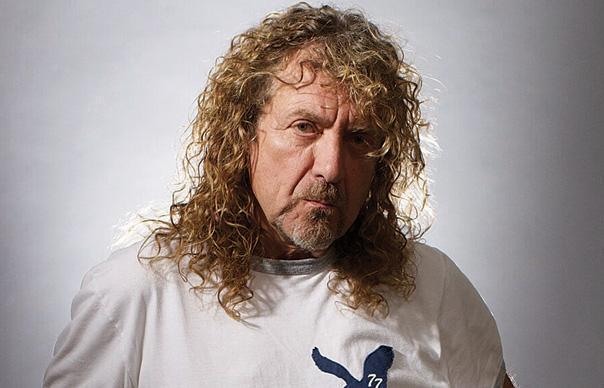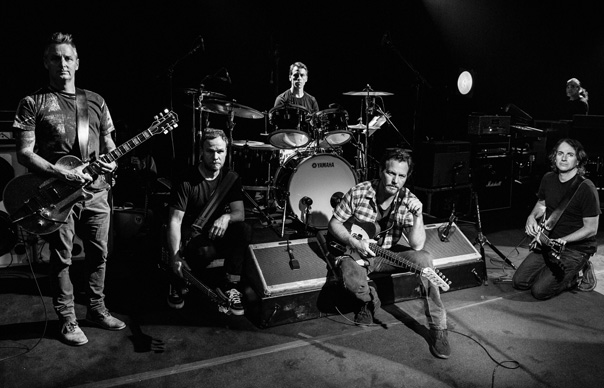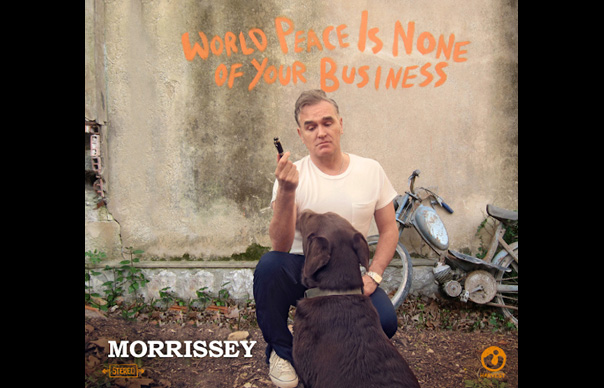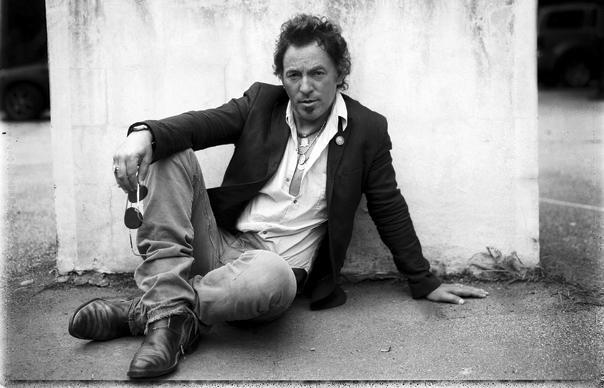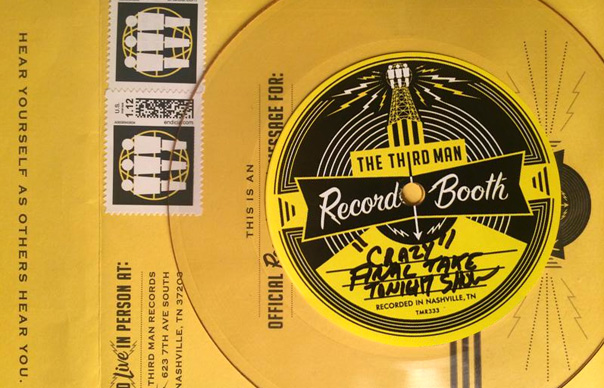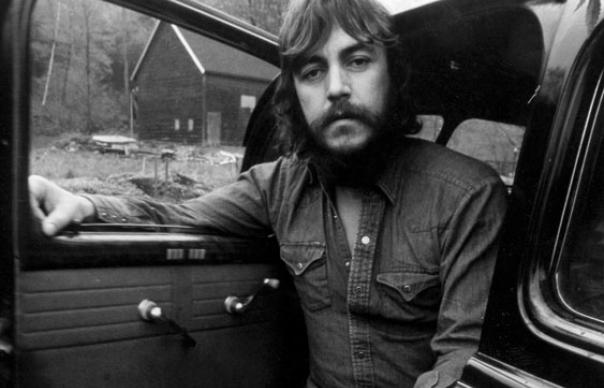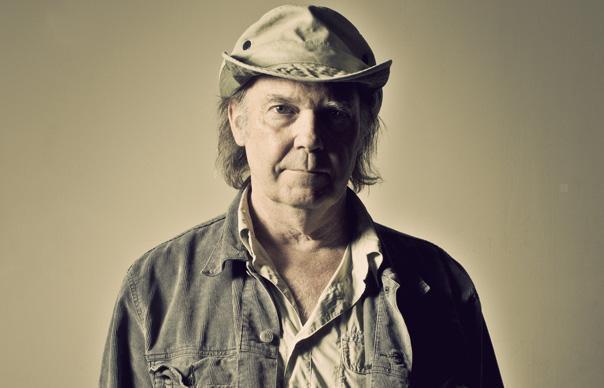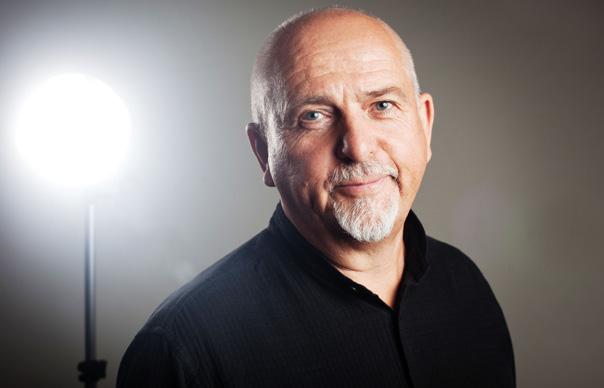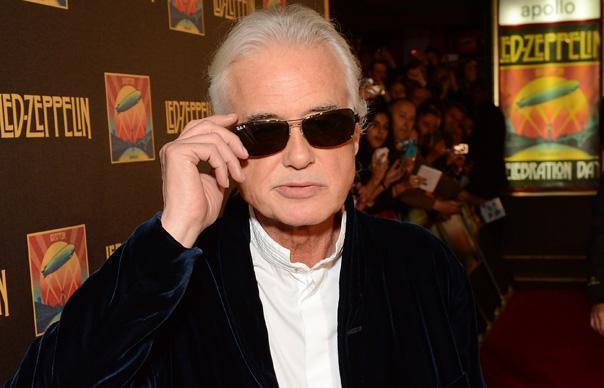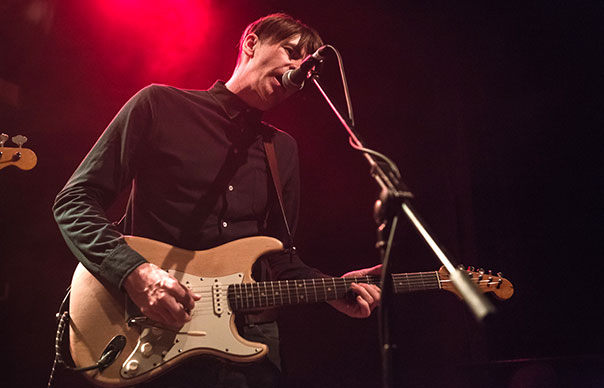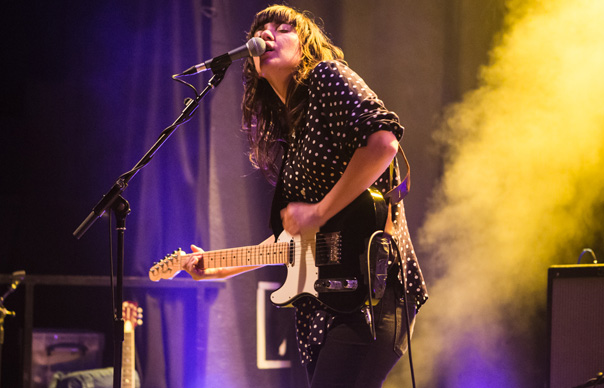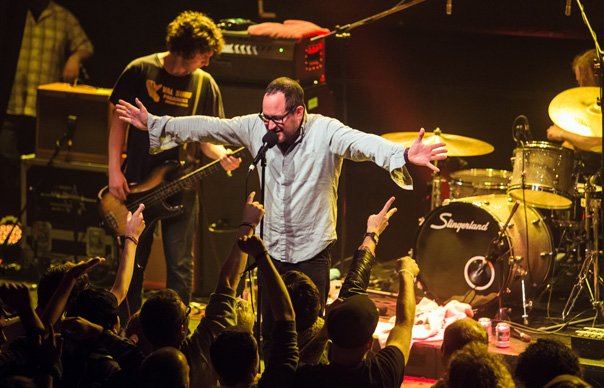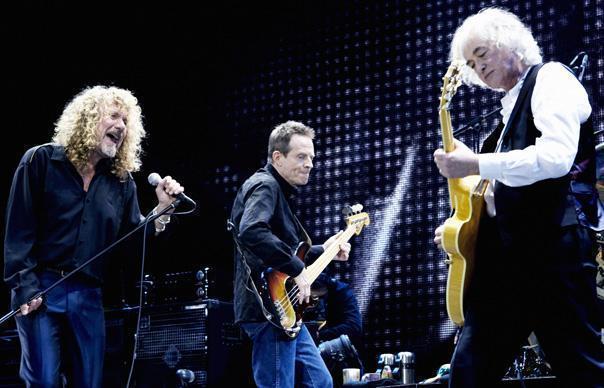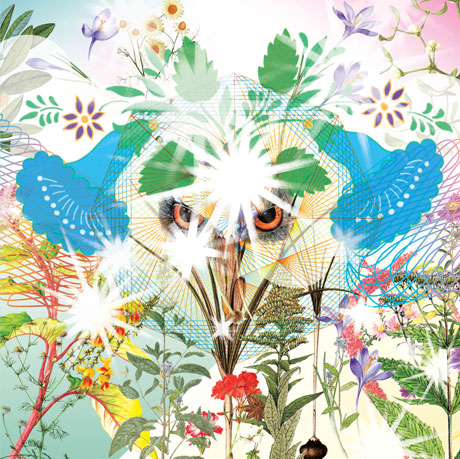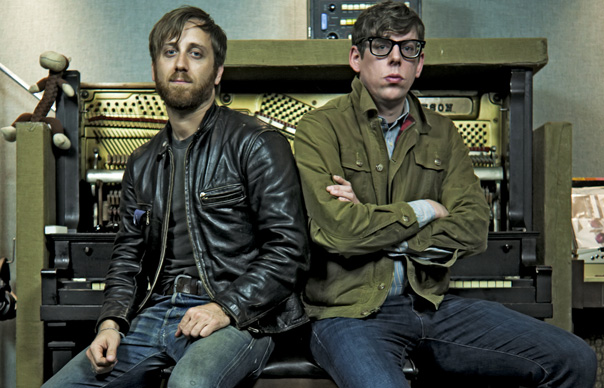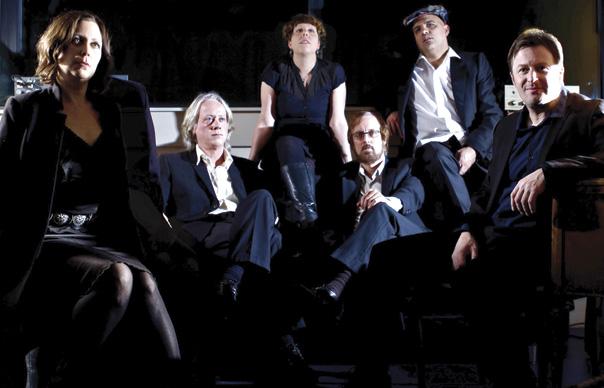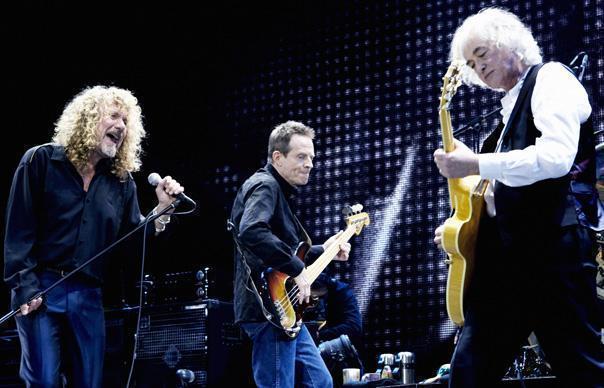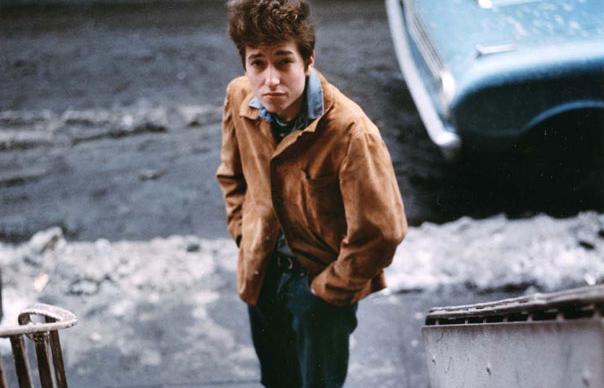As Dan Auerbach and Patrick Carney prepare to release their new album, Turn Blue, on Monday, we delve back into the Uncut archive and take a look at this album by album from the Ohio duo (originally printed in January 2013, Take 188). “We’ve always left things relatively unadorned,” Auerbach tells Uncut, “so this is warts’n’all music. We’re pretty blessed that things have worked out the way they have. Ever since we’ve started it’s never stopped building.” Interview: Rob Hughes
______________________
The Big Come Up
(Alive, 2002)
The Keys’ debut, recorded before they’d even played a live show, drew on the raw power of the blues and the insouciant grooves of soul and hip-hop.
Dan Auerbach (vocals, guitar): It was just the sound of me and Pat and a four-track in his basement. We weren’t really aiming for anything, there was no great plan or aesthetic. We had nothing except a pure love of making music. The idea of the blues is a turn-off for hipsters. But for people for whom blues music is for life, I think there’s something deeper there. That’s something we understood from the get-go. And most people realised that we weren’t copyists. We were heavily influenced by certain sounds and wore our influences on our sleeve. This wasn’t an artistic statement, this was literally who we were.
Patrick Carney (drums): I’d bought this little digital Akai multi-track [recorder] with my credit card and it sounded like shit. The only way to make it sound right was just to plug in every single microphone I could lay my hands on, so it acted like a fuzz pedal. So we set it up for recording and we’d work on it every day, for four or five hours a day most weekdays. We made it up as we went along. The whole thing only cost about $1,100. I grew up listening to a lot of fucked-up indie rock and we really wanted this record to sound as fucked-up as we could make it without it being unlistenable. We wanted the whole thing to sound like it was made in the basement.
Thickfreakness
(Fat Possum, 2003)
Recorded in a single 14-hour session, again in Patrick Carney’s basement, their second album includes terrific covers of songs by blues hero Junior Kimbrough and “Louie Louie” writer Richard Berry.
Auerbach: When we began doing shows we only had 20 minutes of material. So we worked up some new tunes and started playing them on tour. And by the time we made the record, all the songs were pretty much nailed. So Thickfreakness is pretty much just one long day’s recording. The cover of [Richard Berry’s] “Have Love Will Travel” came from The Sonics’ version, which we really loved. And we did Junior Kimbrough’s “Everywhere I Go”. I loved his music because it was so weird and I never thought of it as the blues. I see it as North Mississippi soul music. There was something about it that was more primal and hypnotic.
Carney: We were talking to some bigger labels who were interested in signing us, but they kept dragging their feet. And Fat Possum had been talking to us on the phone pretty much every day for five months. We were supposed to get a contract from some label, but it never happened. So we phoned up Matthew [Johnson, co-founder] and told him we’d have the album ready for Fat Possum by the end of the week. After this record came out it was the first time we got to tour Europe. We got an opening slot for Sleater-Kinney because of Thickfreakness. It opened up a lot of doors.
Magic Potion
(Nonesuch, 2006)
Following 2004’s Rubber Factory, Magic Potion found the Keys hooking up to a major for their first album of all-original songs, including the moaning freak-blues of “Strange Desire” and the Zeppelin-like “Just A Little Heat”.
Carney: Of all our records, and I don’t know if Dan feels this way as well, I think this is our transitional album. It was the fourth album that we’d made on our own and we both had ideas of how we wanted it to sound, but we didn’t really know how to do it yet. We’d been working with such crappy equipment. It was a frustrating album to make. I think we were hoping it would turn out better than it actually did, but were just so against having people help us out. That’s when we decided to turn the corner on the next album and go into an actual studio.
Auerbach: We went with Nonesuch in the end because they have to be the most artist-friendly major-label subsidiary in the world. And when we were looking for a jump-up to a major, I had our manager contact them. There were a bunch of labels sniffing around us, but none who we thought were going to give us a great deal and the artistic control that we wanted. We still felt very independent and actually being in control of our records was really important to us. Pat says he thinks it’s a transitional album? No, I don’t think so. I don’t know what transition that would have been. It was just another week in our lives.
Attack & Release
(Nonesuch, 2008)
Enter go-to producer Danger Mouse, and Tom Waits alumni Marc Ribot and Ralph Carney (Patrick’s uncle) for an expansive set of soulful psych-blues.
Auerbach: Going to a proper studio for the first time really helped us. When we started we just didn’t how to communicate with studio people. We didn’t speak the language, which is why we kept to ourselves and recorded in the basement. So here we really just went for it and let it all hang out. We first met Brian [Burton, aka Danger Mouse] when he contacted us about doing the music for an Ike Turner record. We recorded a few demo tapes, took them down to Ike’s house and worked on them. It was just going on for ever and ever, with no end in sight. And then Ike passed away. But we’d created this relationship with Brian. We didn’t know any other producers, so when it came to make Attack & Release we called him. He ended up coming to Ohio, which is a place he’d never wanted to be. We were literally in the middle of nowhere, up in the woods in North Eastern Ohio. Brian was going stir crazy after a week.
Carney: This was a real fun record to make, because we got to learn how things work. We weren’t just doing homemade stuff any more. We approached this album like we were a four-piece band. I think we wanted to liberate ourselves from the idea that we could only really play guitar and drums.
Dan Auerbach – Keep It Hid
(Nonesuch, 2009)
With Carney off concentrating on his own project, Drummer, Dan Auerbach made full use of his own newly built Akron Analog studio to pursue a winning hybrid of swamp-rock and trippy psychedelia.
Auerbach: It wasn’t like I needed time away from Pat, but I’d always recorded things on my own, playing guitar and singing to my family. So when there was a break in the Black Keys action, I had all these songs that were already recorded. There I was with all these buddies who wanted to play on it and these family members who wanted to sing. The sound on this record was born from being in love with certain records from the ’60s, with a certain studio style. A lot of the songs were just me and my friends experimenting with microphones and recording stuff. I love that Jon & Robin tune [“I Want Some More”] and had been meaning to cover it for some time. I’d been obsessed with fuzz bass for a long time too. It was me just being in love with American studios and old recordings.
Carney: I think we probably needed some time apart, and it worked out for the best. We both went off and did our own thing for a few months and ended up becoming better musicians because of it. And also more focused on The Black Keys when we got back together. I’ve never met someone it’s easier to make music with than Dan.
Blakroc – Blakroc
(V2, 2009)
A rap-rock supergroup with the Keys laying down the riffs and the likes of RZA, Mos Def, Q-Tip and Ol’ Dirty Bastard busting the rhymes.
Auerbach: [Co-producer] Damon Dash got hold of us, completely out of the blue. He had a couple of personal assistants who were fans of ours, so he just phoned and said: “Hey! You wanna do somethin’?” It was very direct. So went about making this record. No hip-hop record has ever been made like this. Pat and I would get there in the morning, record the instrumental, then the MC would arrive late afternoon or in the evening, hear the music for the first time and have to write on the spot. That’s how we made the entire record and it was recorded and finished in 11 days. Again, there wasn’t any grand idea and we got to meet some of our heroes, like RZA. He’s an absolute genius and is one of the reasons that we started playing music in the first place, because we loved the way his records sounded. Especially how he got those sounds on the drums and bass. It was amazing to meet those guys. Making this record was just a free-for-all and a lot of fun.
Carney: It was really exciting because we got to play with a lot of musicians that we admired and were really big fans of. But more importantly, for us, it was almost like a giant rehearsal for Brothers. We were just focusing only on rhythm, which actually makes a big difference.
Brothers
(Nonesuch, 2010)
Cut at the legendary Muscle Shoals Studio in Alabama, this triple Grammy-winner is the most fully realised Keys album thus far, all scorched guitars and killer hooks on standout tunes “Tighten Up” and “Howlin’ For You”.
Auerbach: We wanted to go to Sam Phillips Recording Studio in Memphis, but ended up in Muscle Shoals. It wasn’t really a studio anymore, it was a cinderblock building. We just brought a load of equipment down and had Mark Neill [designer of London’s Toe Rag Studios] with us. He’s a real genius and I still think Brothers is the best-sounding record we’ve done. We didn’t see any of the huge sales and Grammys coming, but it was the first time the sound we heard in our heads was there. Finally we got the lo-fi, fucked-up sound we loved, but hi-fi at the same time. Honestly, if you wanted to have a hit, you wouldn’t go to Muscle Shoals. Muscle Shoals hadn’t put out any albums of significance for 20 fucking years. But as usual, we went for what we felt was right and it worked. Pat had got divorced, he wasn’t in a good place. So this record was probably more uplifting for him. When he was down there, finally he could breathe a sigh of relief. He wasn’t stuck in Akron, surrounded by all that nonsense. He was completely separated, out of the state and able to relax a little. Most importantly it felt like the songs were good. I came prepared with a whole bunch of songs that we had fun with.
Carney: Dan and I had taken a break of about four months apart, while he did his solo stuff. The last show we played before he left for his solo tour was a homecoming gig in Cleveland. We got stiffed for a shitload of money by the local promoter. All in all, it was kind of a dark few months. The day after we finished Blakroc, I went back to Akron, loaded the car full of instruments and drove down to Muscle Shoals to start on Brothers. We were isolated from our friends and families, so were able to concentrate a lot better. I think it’s our best album. I didn’t think “Tighten Up” would make it onto the radio, but when the album came out we could feel something going on. Even now, Brothers sells 2,500 to 5,000 copies a week in the US. It’s crazy.
El Camino
(Nonesuch, 2011)
Buzzing with invention, this platinum-seller – co-produced and co-written with Danger Mouse – elevated the duo to stadium status in the US and Europe.
Auerbach: If we’d wanted to have the same success we’d had on Brothers we would’ve used the same formula, but we did completely the opposite. We always just do what we want to do and hope it works out. This was the first time we’d ever co-written with someone else. The idea was to keep it as simple as we could. We were influenced by stuff we were listening to at the time – rock’n’roll records from different decades, the Johnny Burnette Trio, Jonathan Richman & The Modern Lovers, The Cramps.
Carney: After the success of Brothers, I was freaked out going into this album. I’d been used to the way things were, but all of a sudden we were on the radio and in magazines. So I felt the pressure. Everything had started going crazy in the summer of 2010. Things kept building and building and we’d won a couple of Grammys for the last album, which was really bizarre. Going into this one, we all agreed we wanted it to be fast and more upbeat. Halfway through making it, Brian sat down and said: “Why don’t we make the whole album like this and see what happens?” Maybe the three of us were trying to one-up each other all the time. That’s why there’s more hooks on El Camino than any other album.
Dr John – Locked Down
(Nonesuch, 2012)
Producer Auerbach meets N’Awlins’ gris-gris king for a rewarding night trip into R’n’B and voodoo rock.
Auerbach: It was a great experience. I got to work with a legend and some of the greatest musicians of all time. The drummer [Max Weissenfeldt] and bass player [Nick Movshon] are among my favourite musicians. Those drums are some of the coolest fucking drums ever. After the first couple of days Mac [Rebennack, aka Dr John] realised there was something special going on and totally rose to the occasion. I wasn’t trying to get him to do a certain sound, I just wanted to make a really good record. When you have all these guys in a room, it’s really hard to mess that up. I’d hang out with Mac every day, from sun up to sundown. We ate all our meals together in the studio and hung out on the back porch, smoking Dominican cigarillos and talking shit about life and music. He’s been there, done that and his stories are otherworldly. Mac had never made a record like this before. Usually he had the lyrics and the melodies first and he’d bring them to the studio for the session musicians. But this was the exact opposite. We came up with all the music first, which took about a week and a half, then the musicians left and Mac and I worked on the vocals alone together. It was a weird way of making an album but it worked incredibly well.


